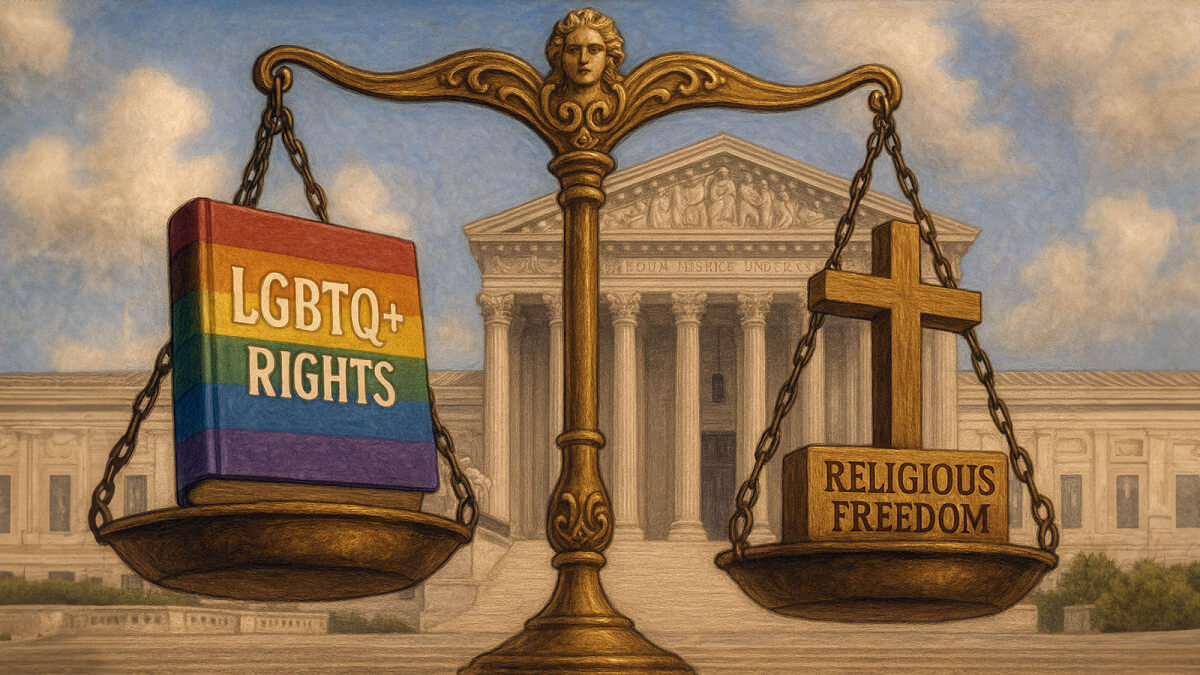The highest court in the United States seems inclined to grant a victory to a group of religious parents in a pivotal case concerning the right to opt out of LGBTQ+ content in public schools. At the heart of the dispute is a recent policy change by a Maryland school district that removed the option for elementary students to opt out of storybook readings containing LGBTQ+ themes. The case has united Muslim, Christian, and Jewish parents who claim that the enforcement of participation infringes upon their First Amendment rights to religious freedom.
In March 2023, the school district cited logistical challenges and the potential for stigmatizing LGBTQ+ students as reasons behind their policy adjustment. However, this move has met with significant resistance from the Supreme Court's conservative wing. Justice Samuel Alito openly questioned the necessity of removing the opt-out provision, highlighting the moral implications of the materials in question. Similarly, Justice Brett Kavanaugh expressed his bewilderment over the district's decision, given his personal connection to the community as a resident and a father.
The case is not without its complexities, as even some liberal justices voiced concerns about the appropriateness of the materials for young children. Justice Elena Kagan acknowledged the sensitive nature of the subject matter, while Justice Sonia Sotomayor leaned towards supporting the school board's approach, suggesting the policy merely provided exposure without coercion.
Parents involved in the lawsuit are not seeking the removal of LGBTQ+ materials from classrooms or libraries, but rather the autonomy to decide their children's exposure to such content in public education. Their legal representatives argue that the current policy forces religious families to choose between compromising their beliefs or exiting the public school system.
During the proceedings, Justice Ketanji Brown Jackson raised the issue of potential consequences, questioning the implications of opt-out provisions for the presence of transgender students in classrooms. Despite these considerations, the Court's conservative majority seems to favor parental rights in this instance.
As questioning by the justices hints at their leanings, the upcoming decision, expected by June, could significantly alter the balance between fostering an inclusive educational environment and upholding religious freedom protections. The ruling, when issued, is set to have a nationwide impact on similar educational policies, as schools strive to honor both the diverse values of families and the push for LGBTQ+ inclusivity.

